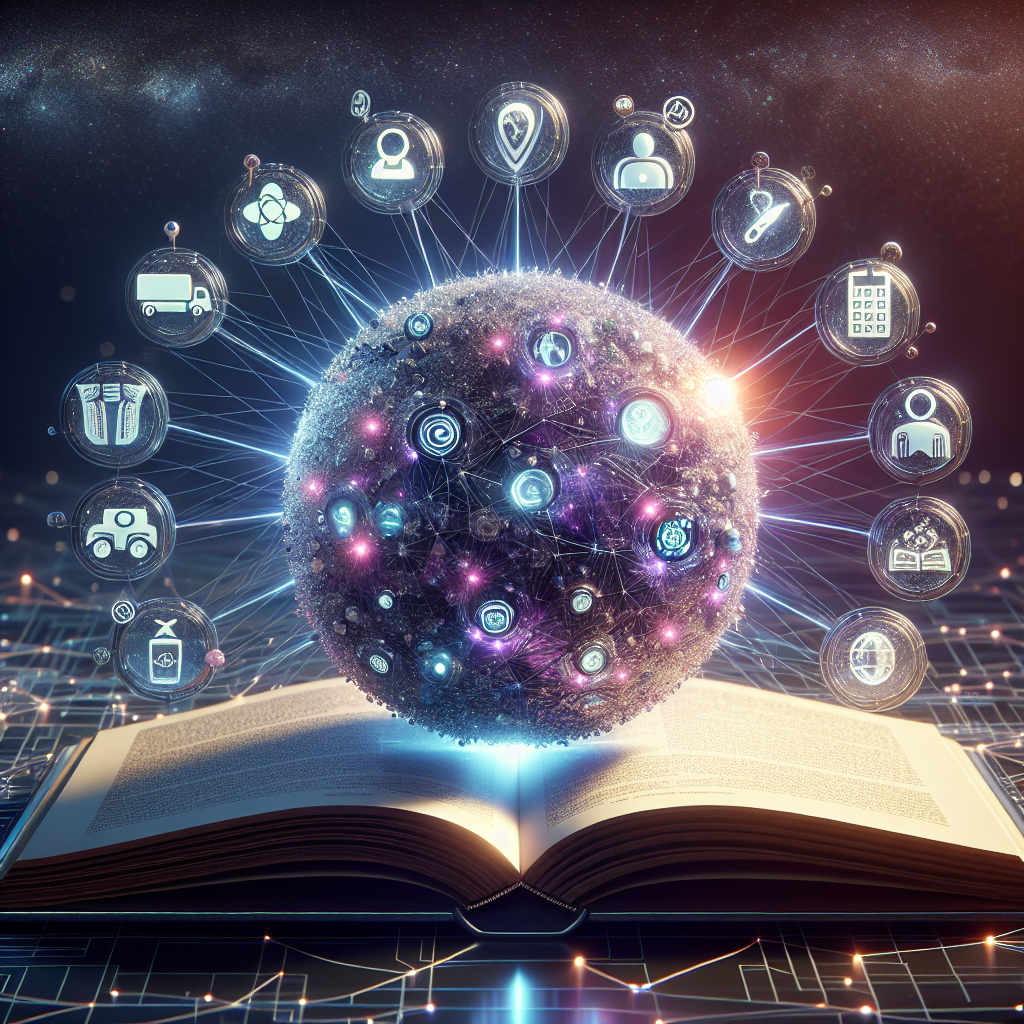Unlocking the Potential of AGI: The Future of Artificial Intelligence
Artificial General Intelligence (AGI) is an emerging field of artificial intelligence that aims to create machines with the ability to understand, learn, and apply knowledge in a way that rivals human intelligence. While current AI technologies are capable of performing specific tasks with impressive accuracy, such as image recognition or natural language processing, AGI has the potential to revolutionize industries and society as a whole by enabling machines to think and reason like humans.
In this article, we will explore the current state of AGI research, its potential applications, and the challenges that need to be overcome to unlock its full potential. We will also address some common questions and concerns surrounding AGI to provide a comprehensive overview of this exciting field.
The Current State of AGI Research
While the concept of AGI has been around for decades, significant progress has been made in recent years thanks to advances in machine learning, deep learning, and neural networks. Researchers are exploring different approaches to AGI, including symbolic reasoning, reinforcement learning, and neural-symbolic integration, in an effort to create machines that can not only learn from data but also understand and reason about it.
One of the most promising developments in AGI research is the emergence of self-supervised learning, a form of machine learning that allows machines to learn from unlabeled data without the need for human supervision. This approach has the potential to significantly accelerate the development of AGI by enabling machines to learn from vast amounts of data in a more efficient and scalable way.
Another key area of research in AGI is the development of explainable AI, which aims to create AI systems that can explain their decisions and reasoning to humans in a way that is understandable and transparent. This is essential for building trust in AI systems and ensuring that they are used ethically and responsibly.
Potential Applications of AGI
The potential applications of AGI are vast and diverse, ranging from healthcare and finance to transportation and entertainment. In healthcare, AGI could revolutionize medical diagnosis and treatment by analyzing vast amounts of patient data to identify patterns and predict outcomes with a level of accuracy that surpasses human doctors.
In finance, AGI could automate complex financial tasks such as risk assessment, fraud detection, and portfolio management, leading to more efficient and accurate decision-making in the financial industry. In transportation, AGI could enable autonomous vehicles to navigate complex environments and make split-second decisions in real-time, leading to safer and more efficient transportation systems.
In entertainment, AGI could revolutionize the way content is created and consumed by generating personalized recommendations, creating immersive virtual worlds, and even writing novels and screenplays. The possibilities are endless, and the potential impact of AGI on society is immense.
Challenges and Limitations of AGI
Despite the promising advances in AGI research, there are several challenges and limitations that need to be addressed before AGI can become a reality. One of the biggest challenges is the lack of understanding of how human intelligence works and how to replicate it in machines. While current AI technologies are capable of performing specific tasks with impressive accuracy, they lack the ability to generalize and apply knowledge in a flexible and creative way.
Another challenge is the ethical and societal implications of AGI, including concerns about job displacement, algorithmic bias, and the potential misuse of AI for malicious purposes. It is essential for researchers, policymakers, and industry leaders to work together to ensure that AGI is developed and deployed in a way that benefits society as a whole and minimizes harm.
Finally, there are technical challenges related to the scalability, robustness, and interpretability of AGI systems. Researchers are working on developing AI systems that can learn from limited data, adapt to changing environments, and explain their decisions in a way that is understandable and transparent. These challenges are complex and multifaceted, but with continued research and collaboration, they can be overcome.
FAQs
Q: What is the difference between AGI and narrow AI?
A: Narrow AI refers to AI systems that are designed to perform specific tasks with a high level of accuracy, such as image recognition or natural language processing. AGI, on the other hand, refers to AI systems that have the ability to understand, learn, and apply knowledge in a way that rivals human intelligence.
Q: How close are we to achieving AGI?
A: While significant progress has been made in AGI research in recent years, we are still far from achieving true AGI. Researchers are still working on developing AI systems that can understand and reason about data in a way that is comparable to human intelligence.
Q: What are some potential risks of AGI?
A: Some potential risks of AGI include job displacement, algorithmic bias, and the potential misuse of AI for malicious purposes. It is essential for researchers, policymakers, and industry leaders to address these risks and ensure that AGI is developed and deployed in a way that benefits society as a whole.
Q: How can I learn more about AGI?
A: There are many resources available online and in academic journals that provide information about AGI research, applications, and challenges. You can also attend conferences, workshops, and seminars on AI and AGI to learn from experts in the field.
In conclusion, AGI has the potential to revolutionize industries and society as a whole by enabling machines to think and reason like humans. While there are challenges and limitations that need to be addressed, the future of AGI is bright, and with continued research and collaboration, we can unlock its full potential and create a better world for all.

